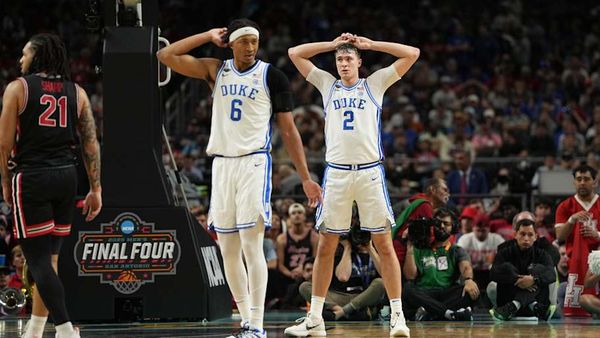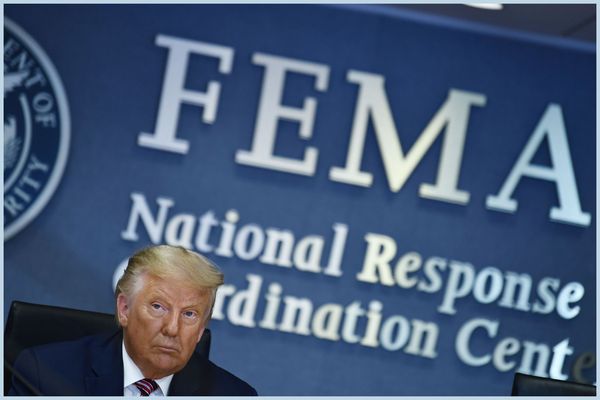CHICAGO — It was a little after 2 a.m. when the phone began to ring in my brother Mark Kogan’s Las Vegas hotel room and that hour rarely brings good news.
It was 1976, and my brother was in Vegas with the many other people who formed Elvis Presley’s entourage, all of them staying at the International Hilton, where Elvis was performing during the Christmas holidays.
During the mid-1970s my younger brother was at the center of the concert business, working in various capacities with such bands and performers as Frank Sinatra, Led Zeppelin, Bob Dylan, Styx, The Beach Boys, Eric Clapton, Neil Diamond, Bad Company, Elton John, Queen, The Who, The Moody Blues, Jackson Browne … the list is long.
So the phone rang at 2 a.m. in Vegas and my brother picked it up.
It was an assistant to Colonel Tom Parker, who was Elvis’ manager. “He was calling from the casino downstairs,” Mark says. “He said that the colonel wanted somebody to keep him company while he gambled and he wanted me to come down and join him.”
Mark got dressed and went downstairs and “There was the colonel playing roulette, all alone at the table. He handed me a stack of chips. I wasn’t a gambler so I didn’t know quite what to do. I spent some time watching the colonel gamble and lose, gamble and win. I asked the croupier how much the chips were worth. He said, ‘Whatever the colonel wants them to be’.”
That memory, and others, came rushing back as Mark watched the new film “Elvis.”
Mark is not, understandably, featured in Baz Luhrmann’s film, a certifiable hit that knocked “Top Gun” from the top of the box office money list. It has received mostly favorable reviews from critics and from those who chime in on Rotten Tomatoes, measuring a 94% favorable rating in the audience score.
It did not please my colleague and friend Michael Phillips, who wrote, “‘Elvis’ is all show and no tell — an impatient blur, competing in a dance contest against its own subject.”
But it did please my brother. “I loved it,” said my brother. “Austin Butler (as Elvis) was awesome and embodied the King’s energy and spirit.
A few actors have tackled Parker on screen, most notably Beau Bridges in 1993′s “Elvis and the Colonel: The Untold Story” and Randy Quaid in the 2005 miniseries “Elvis.”
“I was eager to see how Tom Hanks would play the colonel,” Mark said. “Hanks said in interviews that he found the colonel to be a diabolical genius. He was able to capture that brilliantly.”
As for Elvis, the number of imitators is all but incalculable. Most prominent have been such film stars as Kurt Russell, Harvey Keitel (oddly), Don Johnson and Chicago’s Michael Shannon. And there are literally hundreds of Elvis tribute artists performing across the planet and my brother has known and knows more than most.
Not only did he know and see many times the real thing, but he handled various chores for what was called the Ultimate Elvis Tribute Artists Tour (later named “Elvis Lives”) in 2010, a 29-day, 25-city jaunt through 17 states. It featured Elvis “live” in concert at four stages in his career, performed by four tribute artists. “And the guys playing Elvis all wanted to hear stories about the real Elvis,” Mark says.
Me? I saw Elvis, the real one, a couple of times and I greatly enjoyed this new movie though it does play fast and loose with the facts. For instance, Parker did not meet Elvis at a carnival.
But, my brother says, “The colonel would tell stories about his carny days. He often demanded that some of us meet him at 7 in the morning for breakfast and he’d spin those tales. One of those stories was about how performers would hide worms and other creatures inside fake teeth that had been hollowed out.”
It is nearly 45 years since Elvis’ death and so it is fascinating to contemplate his continuing allure and ongoing popularity.
My brother has a theory about this: “Legends are mortal. Even the greatest die. But the music of Elvis and some others live on in the hearts of those who were in harmony with their music, who connected with them. That’s the thing. Music is all about the heart. The critical mind might say, ‘Yes, this is not the real Elvis but music becomes the bridge to an entertainment experience. It is the closest that many people will ever get to some of these performers.”
Mark got a palpable taste of that affection when he was invited by Elvis Presley Enterprises in August 2018 to participate in “Elvis Week” in Memphis. “There were thousands of fans from across the globe gathered for a week of events. It was a fantastic experience,” he says.
He told the crowds there of the 1976 time in Dayton, Ohio, when Al Dvorin, the man handpicked by the colonel to sell Elvis merchandise at all of his concerts, was sick and unable to do the famous announcement of the end of the concerts after Elvis left.
So Mark was asked to read it. Of course it began with “Elvis has left the building ... Ladies and gentlemen Elvis has left the building!” Few remember the rest of the announcement: “But you can still get your Elvis Super Souvenirs … Ladies … your Elvis button … turn it over and it’s a compact mirror … Again … Elvis has left the building … but you can still get your Elvis Super Souvenirs.”
“The colonel was a demon for merchandising,” Mark says. “And you get a real taste of that in this movie.”
There is another Elvis Week in August. “It is a love fest and features performances by many of the best Elvis tribute artists,” Mark says. But he will not be there and so will not be telling another Elvis story, the story of how he came to be the person to tell Frank Sinatra that Elvis had died.
That took place on August 16, 1977. Mark was on the road with Sinatra, when the singer arrived at Alpine Valley Music Theatre. Mark had been told on a phone call that Elvis had died at Graceland and he said to Sinatra, “I am sorry I have to have to tell you this, Mr. Sinatra Elvis Presley has died.”
“I could tell from the look on his face — he turned ashen — that no one had told him,” Mark said.
Mark still has the official badge and red jacket from that Elvis tour and he still has all those memories.
———







